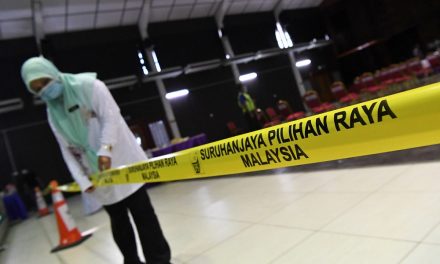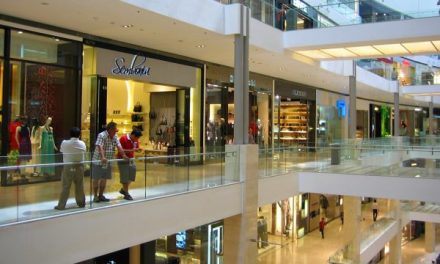BNM: Property glut persists, worsening for home units
The oversupply of property units that Bank Negara Malaysia (BNM) highlighted earlier this year has not eased, the central bank said in its first half financial stability review. It noted the number of unsold housing units has in fact risen to 146,196 units as of end March, with four in five such units priced above RM250,000. Excess supply of office space and shopping complexes is also expected to persist as vacancy rates deteriorated in 1Q2018. “Nevertheless, sustained demand for affordable housing, particularly from first-time home buyers and prudent underwriting practice in lending to the property market and related sectors are expected to mitigate risks of a broad based price correction,” the central bank said. Malaysia’s household debt-to-gross domestic product continues to moderate, standing at 83.8% in the first half of 2018 compared to 84.2% last year. (Malay Mail Online)
CM: Over 48,000 affordable housing units to be built in Melaka
The Melaka government, in collaboration with the Federal government, targets to build more than 48,000 units of affordable housing in the state over the next five years, said Chief Minister Adly Zahari. 19,232 of the units would be developed by departments or agencies under the state government, as well as private developers, while 28,922 affordable housing units will be developed by Federal departments or agencies. “To-date, 24,000 units have been built, while more than 2,000 units are in various stages of construction till year-end,” he said. The state government has fixed the ceiling price for affordable housing in Melaka at RM180,000 per unit, with a minimum size of 1,000 square feet inclusive of three bedrooms and two bathrooms. (Malay Mail Online)
Malaysia must promote new investment areas, says Jomo
Economist KS Jomo has advised authorities to take proactive measures to promote new areas of investment and production amid the escalating global trade conflict instead of simply signing trade agreements which do not benefit the country. He said the global economy would likely see a period of protracted trade tension which has developed due to the US’ focus on bilateral conflicts. Jomo said many emerging markets would experience a great deal of stress due to the change in international monetary policy, particularly with fund outflows to the US as it raised interest rates. He also noted the need for Malaysia to think thoroughly and formulate appropriate policies to benefit from the digital economy. (Free Malaysia Today)
Temokin Development launches maiden project in Pasir Gudang
Boutique property developer Temokin Development Sdn Bhd, a subsidiary of Temokin Holdings Sdn Bhd, has launched the first phase of its maiden property project, dubbed the Mahligai at Nusa Damai, in Pasir Gudang, Johor. The Mahligai is a landed property development with a GDV of RM100 million and will be launched over three phases. The 11.75-acre development is mainly targeted at families and offered a distinctive, modern contemporary design within the mature and flourishing neighbourhood of Nusa Damai. Phase one comprises of 53 units, phase two featuring 87 units, and phase three will feature 23 units. All homes in the project feature spacious open-plan layouts and column-free car porches while every bedroom gets its own en-suite bathroom. On top of that, each unit also comes with TM’s Unifi broadband pre-installed, perimeter fencing and 24-hour security. (The Edge)
Malaysia drops to 79th position on Economic Freedom index
Malaysia has dropped to 79th position out of 162 countries and territories in the latest Economic Freedom index by the Institute for Democracy and Economic Affairs (IDEAS). IDEAS chief executive officer, Ali Salman said the sharp decline from last year, when Malaysia was ranked 67th, is alarming. “Though this is based on data in 2016-2017, the ranking reflects the fact that space for the private sector in Malaysia has been squeezed, businesses have been obstructed and size of the government has increased,” said Ali. The index was published in the Economic Freedom of the World: 2018 Annual Report, produced by Canada’s Fraser Institute in cooperation with the Economic Freedom Network. It measures the degree to which the policies and institutions of countries support economic freedom. (The Edge)





